35 must-see movie directors
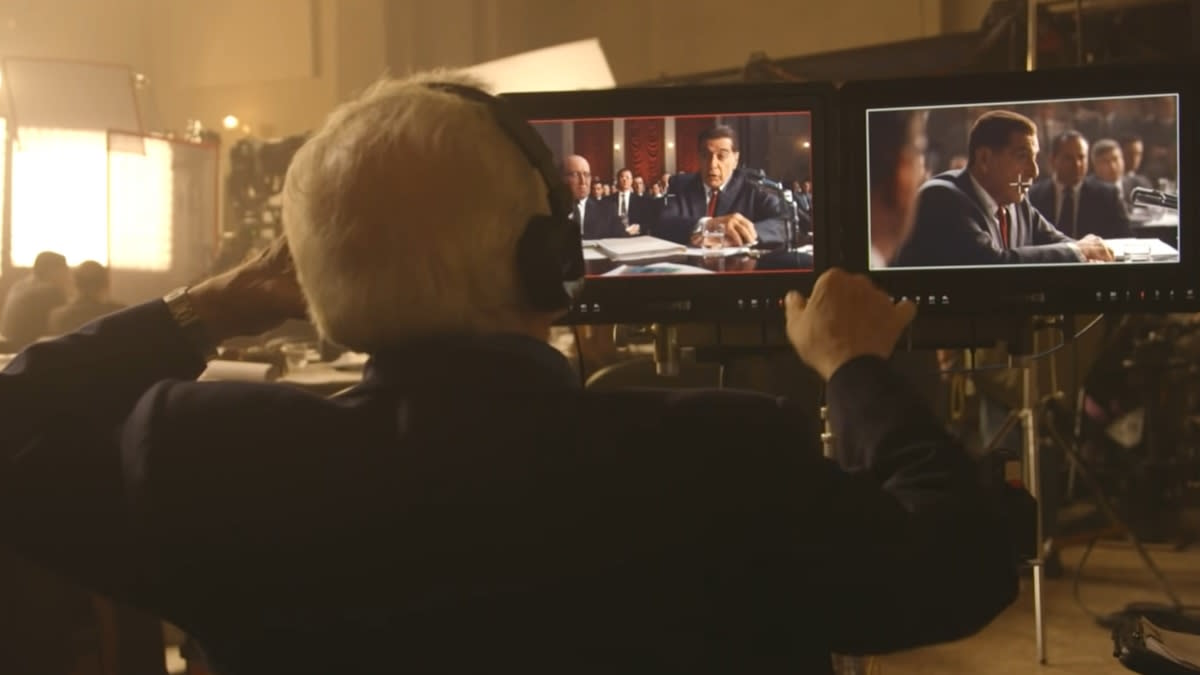
Making movies is an art form built on collaboration. A single movie takes armies of talented artisans to turn cinematic dreams into reality. But when it comes down to it, it's the one who says "Action!" who quite literally gets the cameras rolling. But with so many directors to have lived and died in the history of movies, which filmmakers are actually deserving of "must-see" status?
Believe it or not, the history of directors hasn't always been so clear-cut. In a nutshell, the job of a director was figured out several years into the birth of the industry, when filmmakers recognized there had to be someone coordinating between the actors, designers, and technicians. By the 1920s, the emerging class of film criticism saw directors as the single "author" of a movie, with early reviews attributing the success or failure of movies to the one whose name came after the words "Directed by."
Some of the most prominent directors in the first years of the movie industry include Georges Méliès, D.W. Griffith, F.W. Murnau, Fritz Lang, and Sergei Eisenstein. But who else since them are directors of mandatory recognition? These are just 35 must-see directors you need to know about.
35. Antoine Fuqua
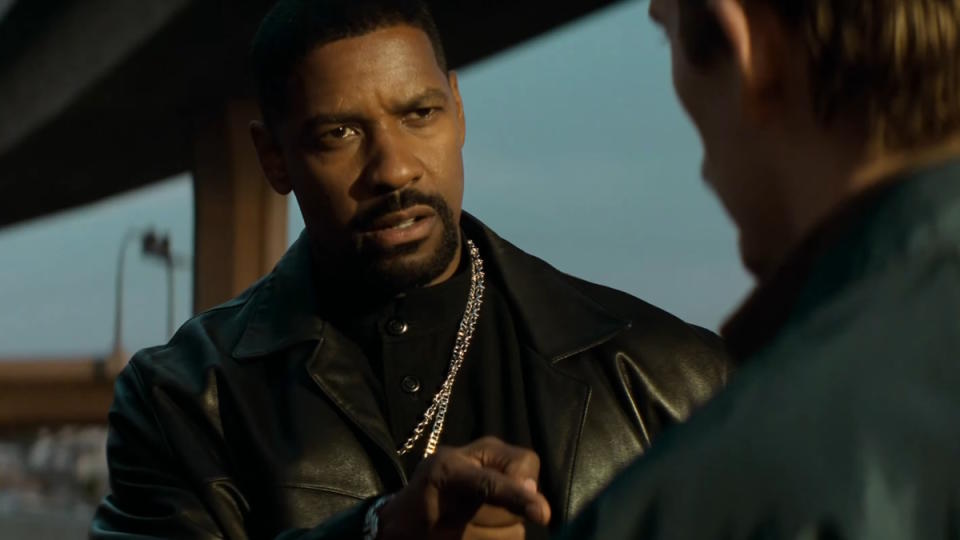
One of many Hollywood directors to cut their teeth in the world of music videos, Antoine Fuqua made his feature directing debut with the 1998 action thriller The Replacement Killers. Between his critically acclaimed Training Day (2001) and box office hits like Olympus Has Fallen and The Equalizer trilogy, Fuqua's name is synonymous with a particular vibe of modern day Hollywood that never ceases to draw audiences.
34. John Cassavettes
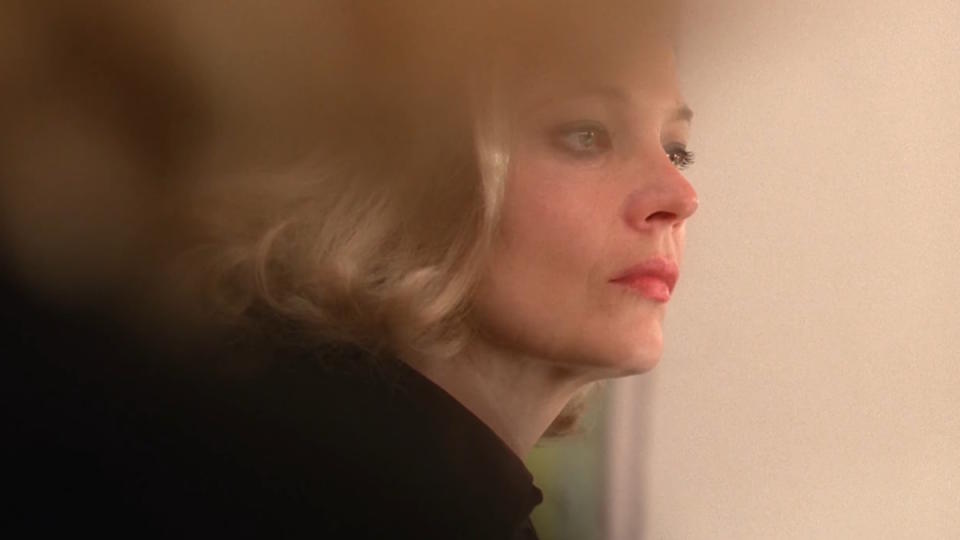
An actor before he became a pioneer in American independent cinema, John Cassavettes is remembered for his string of acclaimed movies that altogether rejected Hollywood standards and formalization. Starting with Shadows in 1959, Cassavettes' cemented his place in the art and culture of movies with dramas and comedies like Faces (1968), Husbands (1970), A Woman Under the Influence (1974), The Killing of a Chinese Bookie (1976), Gloria (1980) and more.
33. Nancy Meyers
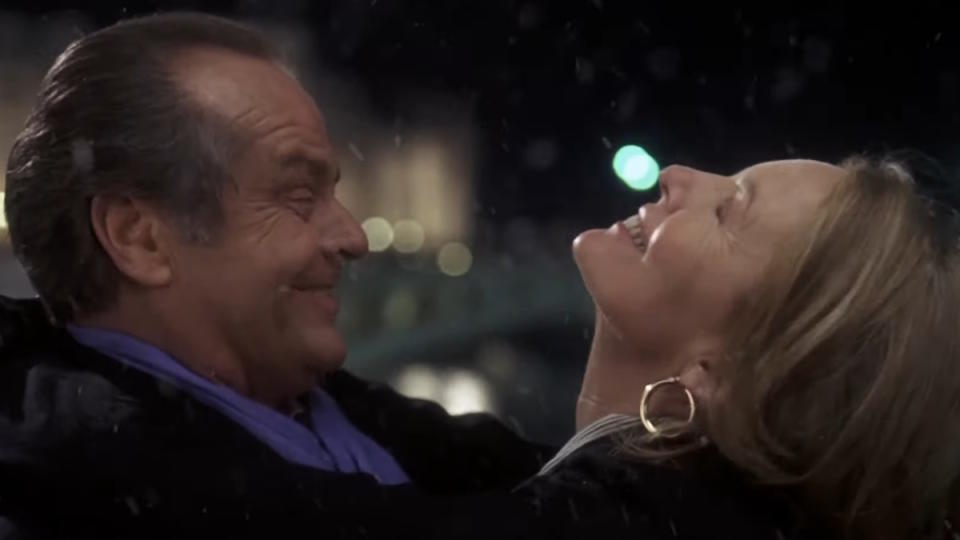
Originally a screenwriter of movies like Father of the Bride (1991), Nancy Meyers has since become one of the most commercially successful female directors in Hollywood history. Her canon of upbeat romantic comedies, like What Women Want (2000), Something's Gotta Give (2003), The Holiday (2006), and It's Complicated (2009) have become foundational to millennial pop culture. As an artist, Meyers is known for her elaborate sets (usually luxurious aspirational homes) and a distinct female gaze through which her characters see their worlds.
32. Luca Guadagnino
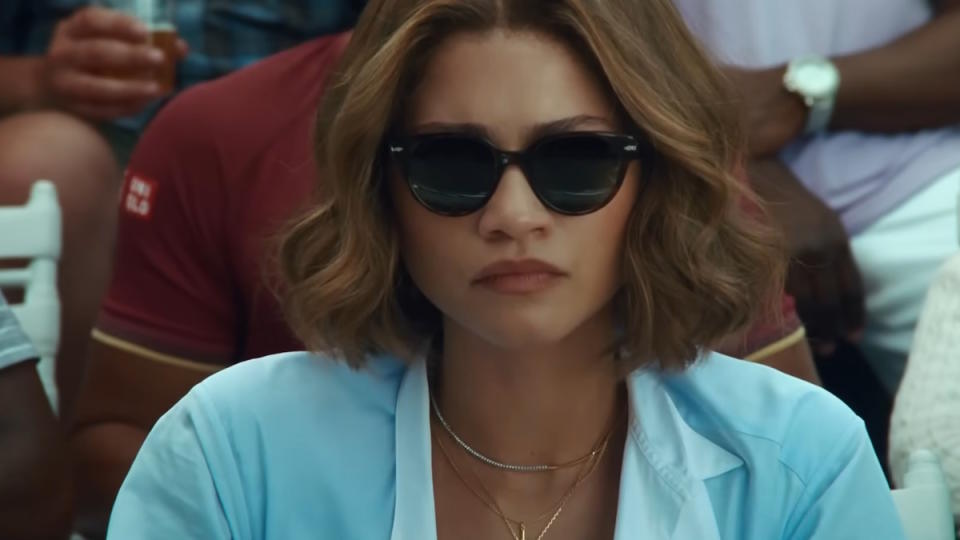
An Italian import known for elaborate visual compositions and complex characters, Luca Guadagnino made his cinematic debut with The Protagonists in 1999. After the acclaim of his "Desire" trilogy - made up of movies like I Am Love (2009), A Bigger Splash (2015), and Call Me By Your Name (2017) - Guadagnino expanded into genres like horror, such as his 2018 remake of Suspiria and his 2022 cannibal romance Bones and All. He received commercial and critical success with his 2024 erotic sports drama Challengers.
31. Terrence Malick
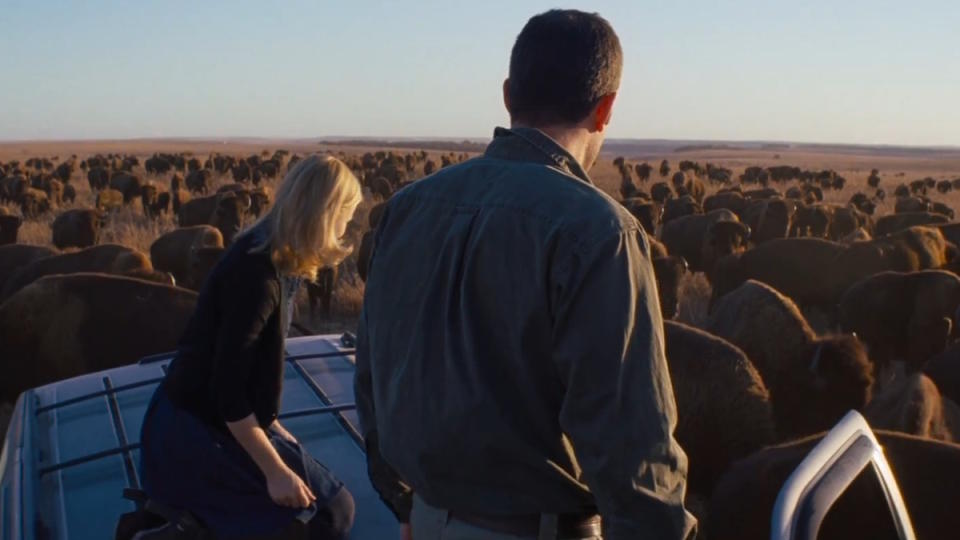
A polarizing filmmaker known for his dreamlike aesthetics and spiritual themes, Terrence Malick's career spans several decades. He made his filmmaking debut with Badlands in 1973, in which Sissy Spacek plays a teenager who goes on a violent crime spree with her lover (played by Martin Sheen). After 1978's Days of Heaven, Malick went on a long hiatus, retreating from the public eye to write screenplays in Paris. In 1997, he returned with The Thin Red Line. He followed it up with movies like The New World (2005), To the Wonder (2012), Knight of Cups (2015), and A Hidden Life (2019).
30. Justin Lin

A Taiwanese American filmmaker, Justin Lin is one of the most bankable action directors in modern Hollywood with films that have collectively grossed billions worldwide. After financing his first two movies Shopping For Fangs (1997) and Better Luck Tomorrow (2002) on maxed-out credit cards and his emptied life savings, Lin graduated to a whole new level with The Fast & the Furious: Tokyo Drift in 2006. He continued revving up Hollywood with several Fast & Furious sequels, including the box office hits Fast Five (2011) and Fast & Furious 6 (2013), as well as Star Trek Beyond (2016), the third installment in Paramount's Star Trek film series.
29. Sidney Lumet
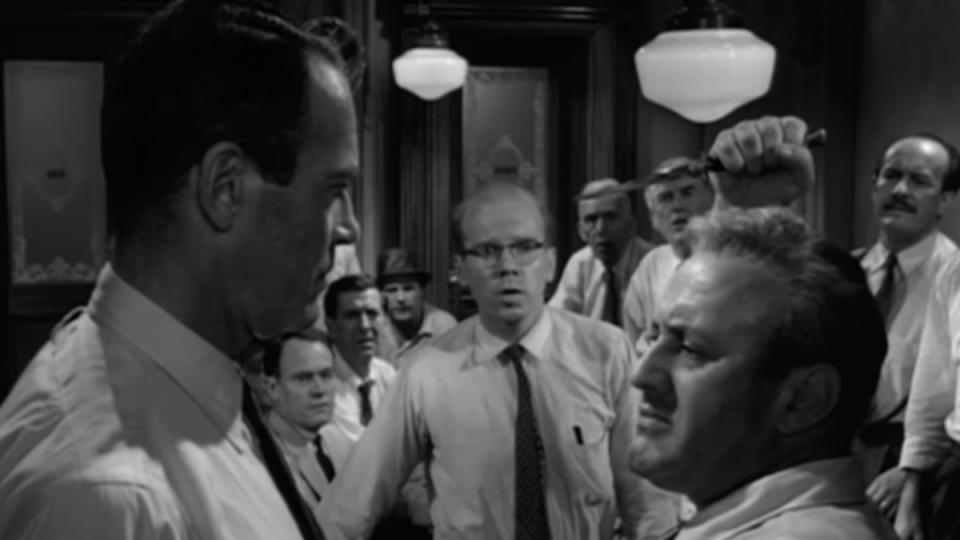
Before his death in 2011, Sidney Lumet was a renowned filmmaker behind some of the most acclaimed classics in American cinema. Originating in the world of theater, Lumet helmed movies characterized by grit and grime, with themes and subjects focused on class inequality and social injustice. He won the Oscar for Best Director four times, for his movies 12 Angry Men (1957), Dog Day Afternoon (1975), Network (1976), and The Verdict (1982). His other movies include A View From the Bridge (1962), Serpico (1973), Murder on the Orient Express (1974), and more. His last movie was Before the Devil Knows You're Dead, released in 2007.
28. John Carpenter
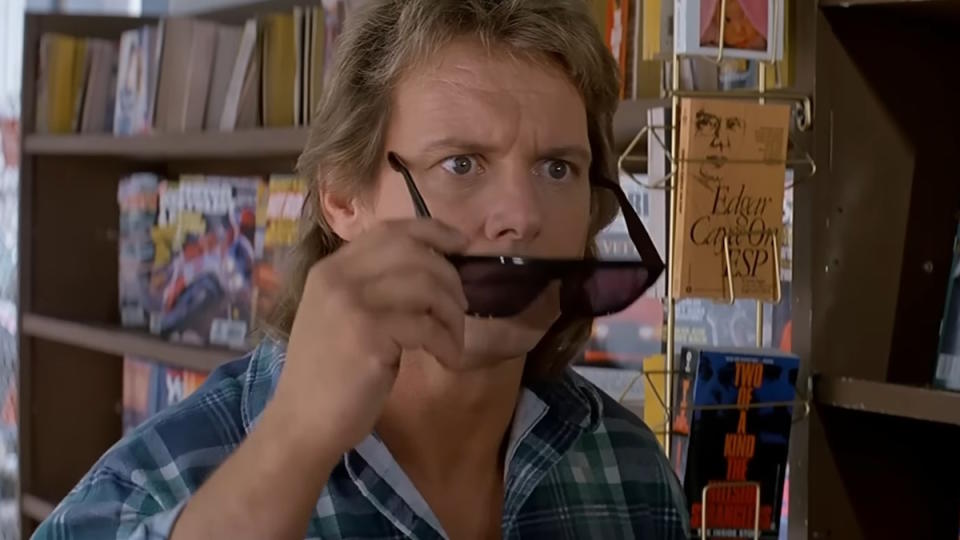
A titan of horror cinema, John Carpenter is one of the few filmmakers to direct and score his movies; his synthesizer soundtracks are foundational to the retrowave genre. After his first two features - Dark Star (1974) and Assault on Precinct 13 (1976) - Carpenter changed horror pop culture with 1978's Halloween, the first in the hit franchise. His other movies, like Escape From New York (1981), The Thing (1982), Christine (1984), Big Trouble in Little China (1987), and They Live (1988) are considered classics of '80s horror cinema.
27. Ava DuVernay
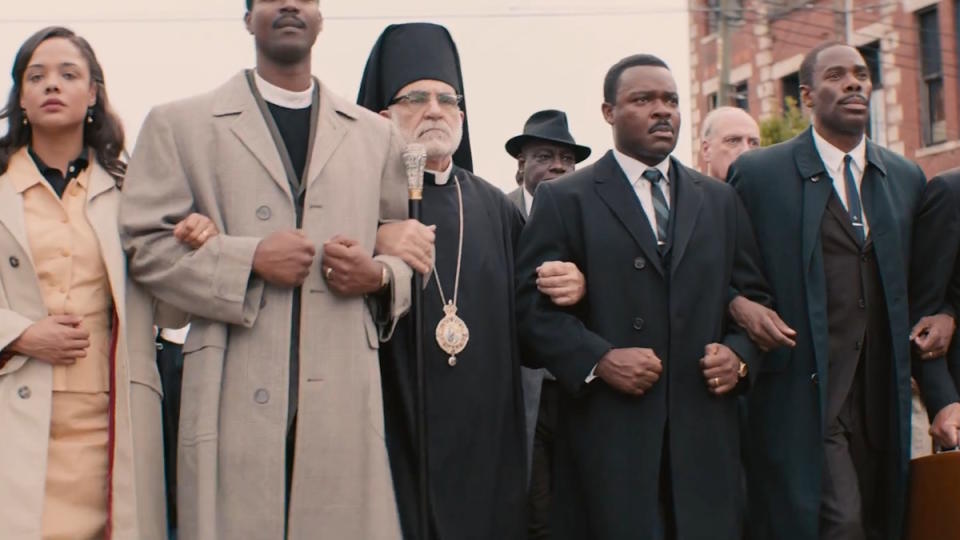
After working as a journalist (including covering the O.J. Simpson trial) and publicist for Hollywood studios, Ava DuVernay eventually heeded the call to tell her own stories. Following her narrative film debut I Will Follow (2010) and her acclaimed sophomore movie Middle of Nowhere (2012), Ava DuVernay won widespread recognition with her historical drama Selma, about Dr. Martin Luther King Jr.'s march from Selma to Montgomery during the Civil Rights Movement. Two years later, she returned to documentary filmmaking with her must-see feature 13th, analyzing the disproportionate mass incarceration of people of color in the United States. After, DuVernay expanded into TV, and also helmed the big budget sci-fi A Wrinkle in Time for Disney.
26. Jean-Luc Godard
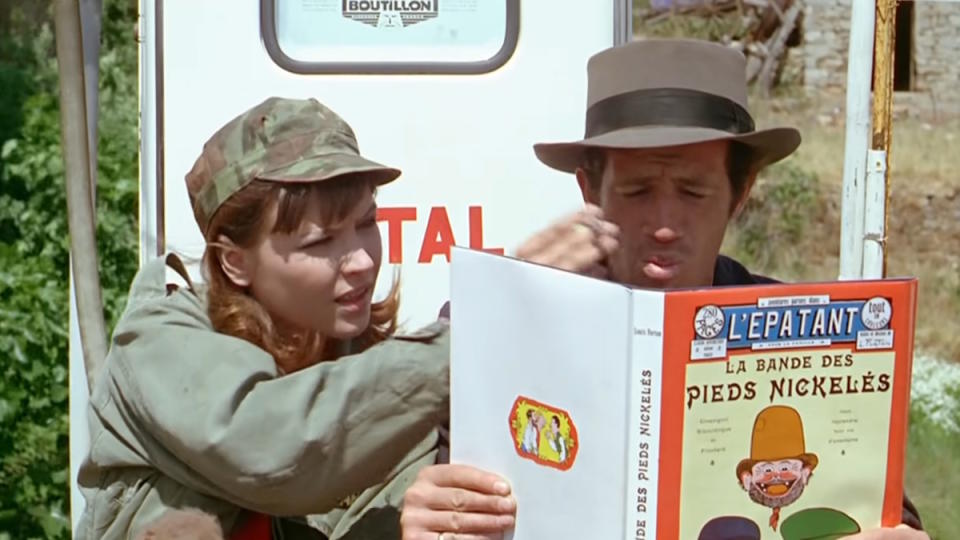
Jean-Luc Godard wasn't the only director of the radical French New Wave movement; Francois Truffaut and Jacques Demy say bonjour. But Godard is easily its most prolific representative, with a vast collection of celebrated films including a whopping 16 movies (both features and shorts) in the 1960s alone. After his celebrated debut Breathless in 1960, Godard established his artistry with pictures like The Little Soldier (1963), Pierrot Le Fou (1965), and La Chinoise (1967). Impressively, Godard made films even long after the French New Wave rolled back; his last film was The Image Book, released in 2018. His last short, Scénarios, was released posthumously in 2024, two years after his death in 2022 at age 91.
25. Akira Kurosawa

Widely considered one of the greatest filmmakers in the history of global cinema, Akira Kurosawa's 30 films across five decades have played a huge influence over other directors like George Lucas, Martin Scorsese, Francis Ford Coppola, and Zack Snyder. While he is best known for period samurai epics like Seven Samurai (1954), Throne of Blood (1957), The Hidden Fortress (1958), and Yojimbo (1961), Kurosawa's main concern was Japan itself, and how its postwar environment was rapidly transforming society.
24. Jane Campion
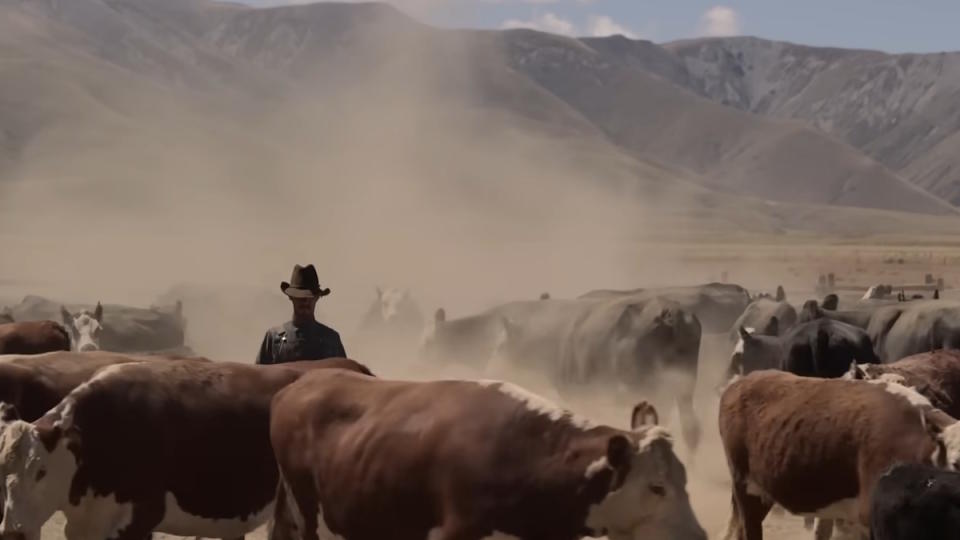
One of the few female directors in history to be nominated multiple times for the Best Director Oscar, Jane Campion's movies center on seduction and female power that debatably stretch beyond basic feminist labels. After her filmmaking debut with the TV film Two Friends in 1986, Campion won acclaim for The Piano in 1993. She spent the '90s and 2000s making films like The Portrait of a Lady (1996), In the Cut (2003), and Bright Star (2009). In 2021, she won acclaim for her dark Western epic The Power of the Dog, for which she won her second Oscar for Best Director.
23. Kathryn Bigelow
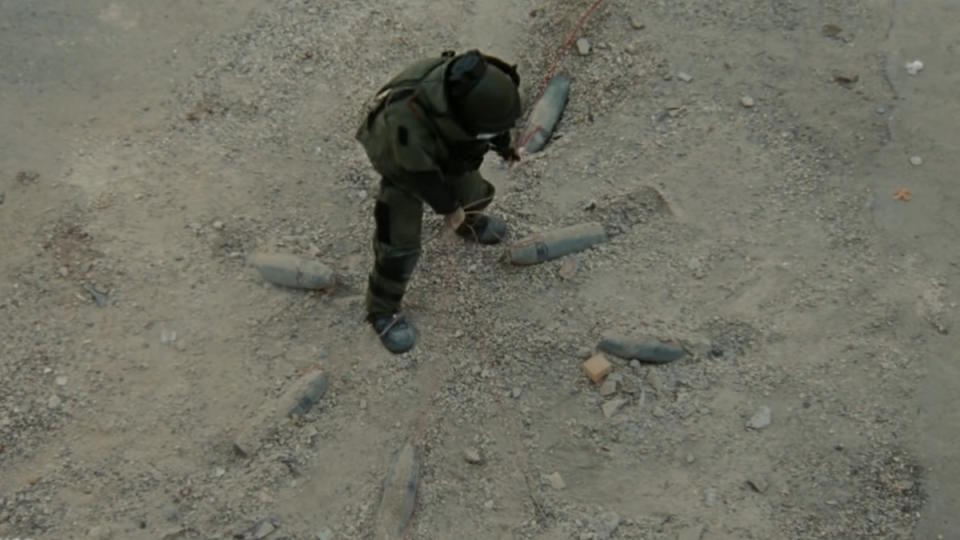
One of Kathryn Bigelow's first movies, the short film The Set-Up, portrays two men actually beating each other up for real, while two semioticians analyze the images in voice-over. It's a succinct summary of her career for the next several decades, being one of the few female directors of action movies at the Hollywood studio level. After her feature debut The Loveless in 1981, Bigelow found huge success with her adrenaline-fueled crime thriller Point Break in 1991. In 2008, she won acclaim for her high-wire Iraq War drama The Hurt Locker, as well as 2012's Zero Dark Thirty that recreated the lead-up to, and assassination of, terrorist Osama bin Laden.
22. Takashi Miike
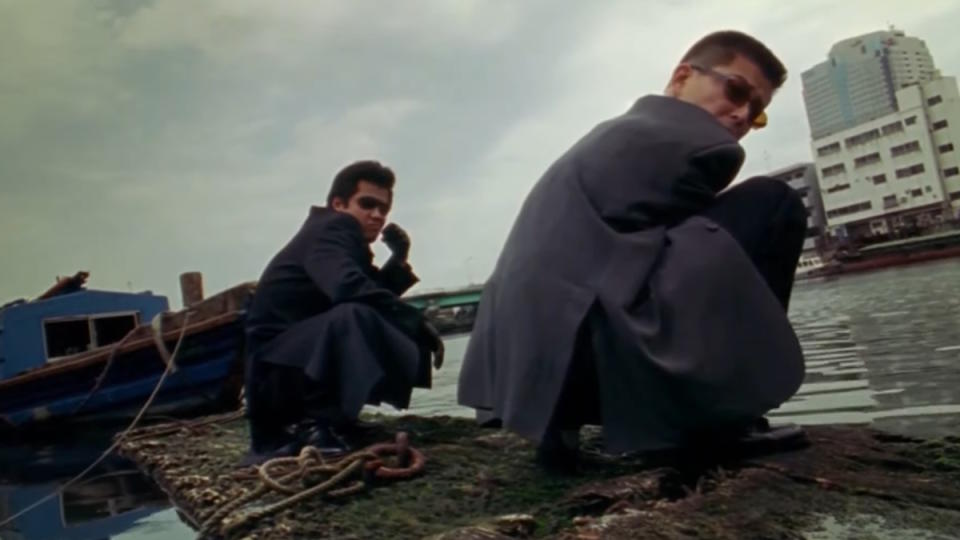
An iconoclast director who rose from the Japanese underground to direct big budget spectacles, Takashi Miike is known for his hyper-violence and gonzo sensibilities. He made several films in his native Japan throughout the 1990s before finding worldwide infamy with Audition in 1999. In 2001, his film Ichi the Killer drew controversy for its stomach-churning gore. Despite his off-putting taste, Miike has found mainstream success, with his acclaimed samurai epic 13 Assassins (2010) and other studio fare like Yatterman (2009), Ace Attorney (2012), and Blade of the Immortal (2017).
21. David Fincher
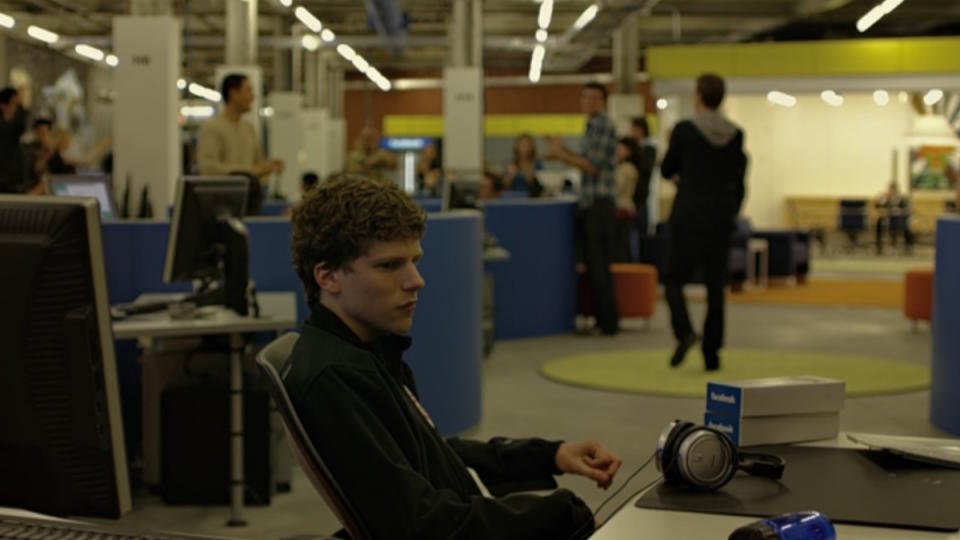
Characterized by extreme preparation and maddening specificity, the results of David Fincher's work speak for itself, with his movies making up some of the most celebrated works of mainstream art in the late 20th and early 21st centuries. After making his debut with Alien 3 in 1992, Fincher wowed the industry with his troubling but perfect psychological thriller Seven in 1995. He kept raising the bar for filmmakers everywhere, with meticulously crafted thrillers like The Game (1997), Fight Club (1999), Zodiac (2007), The Girl With the Dragon Tattoo (2011), Gone Girl (2014), and The Killer (2023). His 2010 drama The Social Network, about the creation of Facebook, is easily one of the most consequential and influential movies of all time, responsible in part for shaping the arrogance of the technology sector throughout the 2010s.
20. Stanley Kubrick
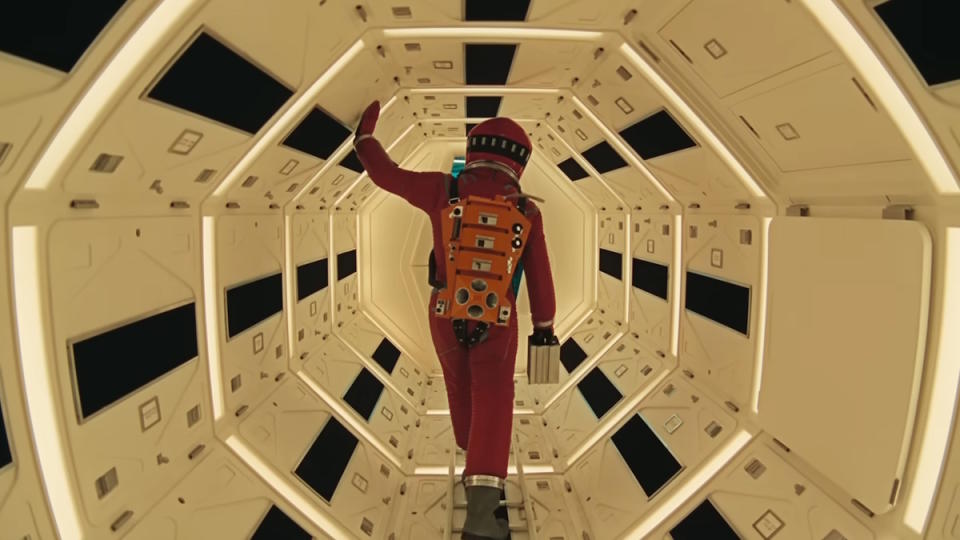
A filmmaker remembered for his exhaustive perfectionism, Stanley Kubrick arose toward the end of the original Hollywood golden age with his first film The Killing in 1956. After leaving the U.S. for the UK in the 1960s, he directed movies like Lolita (1962), Dr. Strangelove (1964), and 2001: A Space Odyssey (1968), all of which have been wildly influential in art and culture. His movies in the '70s and '80s have been equally formative, including A Clockwork Orange (1971), The Shining (1980), and Full Metal Jacket (1987). He died only a few weeks after completing his last movie, Eyes Wide Shut, in 1999.
19. The Wachowskis
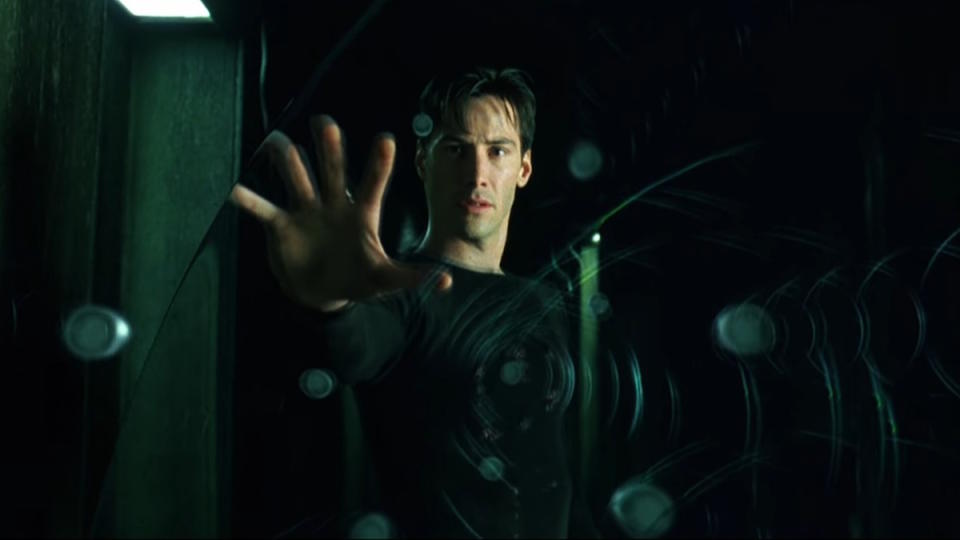
One of the most prolific trans directors in Hollywood history, the Wachowskis first emerged as writers on the movie Assassins, which was helmed by director Richard Donner. The script was heavily rewritten to the point the Wachowskis tried, and failed, to get their names removed. From that moment they decided to become directors. After their 1996 neo-noir Bound, they changed action blockbusters forever with their revolutionary epic The Matrix in 1999. The two kept pursuing ambitious science fiction filmmaking including Speed Racer (2008), Cloud Atlas (2012), and Jupiter Ascending (2015). In 2021, Lana Wachowski alone helmed the highly anticipated fourth Matrix film, The Matrix Resurrections.
18. John Hughes
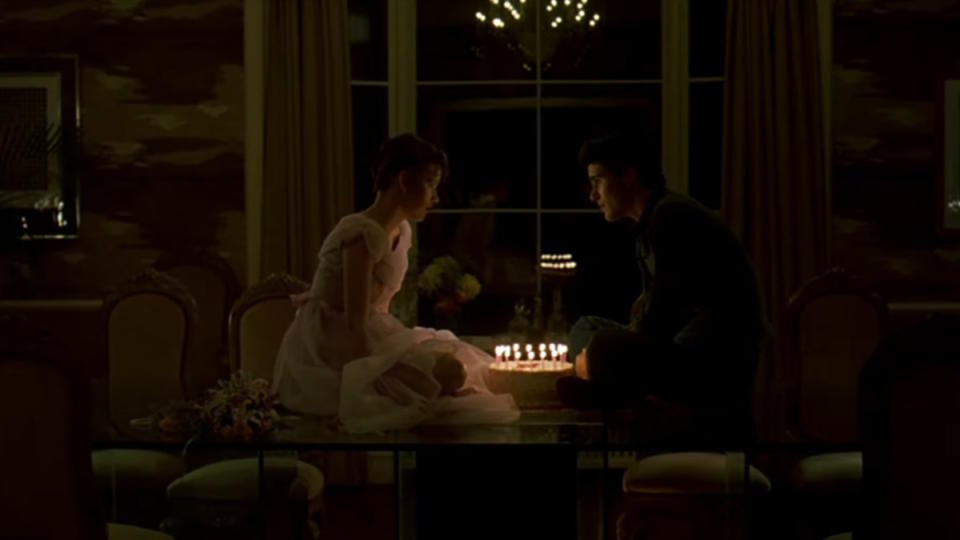
Few directors, living or dead, harnessed the messiness of youth like John Hughes. Originating as a writer for National Lampoon, John Hughes went on to direct seminal teen movies like Sixteen Candles (1984), The Breakfast Club (1985), Weird Science (1985), and Ferris Bueller's Day Off (1986). Towards the late '80s, Hughes began moving away from teen movies - like with the '87 comedy Planes, Trains, and Automobiles - and wrote other classics like Pretty in Pink and Home Alone. By the mid '90s, Hughes had totally withdrawn from public life. He died in 2009.
17. Satoshi Kon
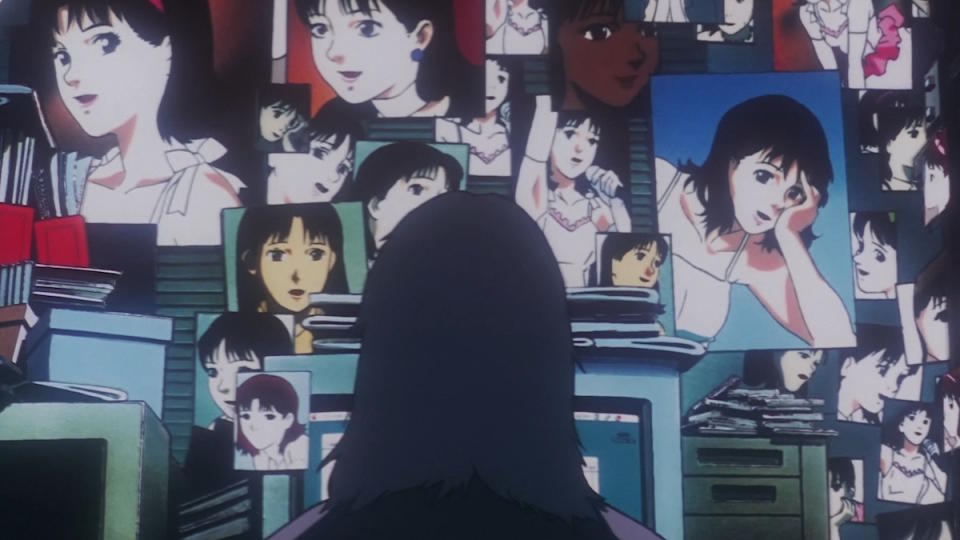
The Japanese animation industry has no shortage of prolific directors, like Hayao Miyazaki and Hideaki Anno. But Satoshi Kon is singular. Until his death in 2010, Satoshi Kon rewrote the playbook on animation filmmaking with a series of acclaimed pictures, like his psychological thriller Perfect Blue (1997), Millennium Actress (2001), Tokyo Godfathers (2003), and Paprika (2006). Despite a very short filmography, Satoshi Kon's work is renowned for his mixture of realistic visual expression and dreamlike editing. His work has influenced other major filmmakers like Darren Aronofsky and Christopher Nolan.
16. Jordan Peele
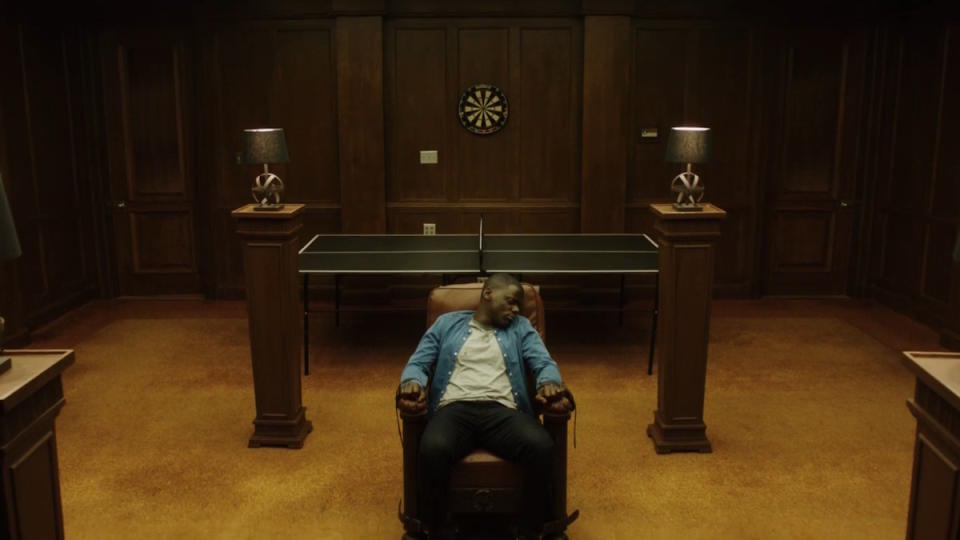
Originating as one half of the sketch comedy duo Key & Peele (with creative partner Keegan Michael-Key), Jordan Peele has quickly established himself a horror auteur of renown. Starting with his modest budget horror Get Out (2017) - a gripping fusion of Guess Who's Coming to Dinner? with Invasion of the Body Snatchers - Peele has since helmed transfixing sci-fi horror films like Us (2019), which plays into ancient doppelganger myths, and Nope (2022), an alien invasion horror about Hollywood traumas and man's arrogance to dominate over nature.
15. Guillermo del Toro
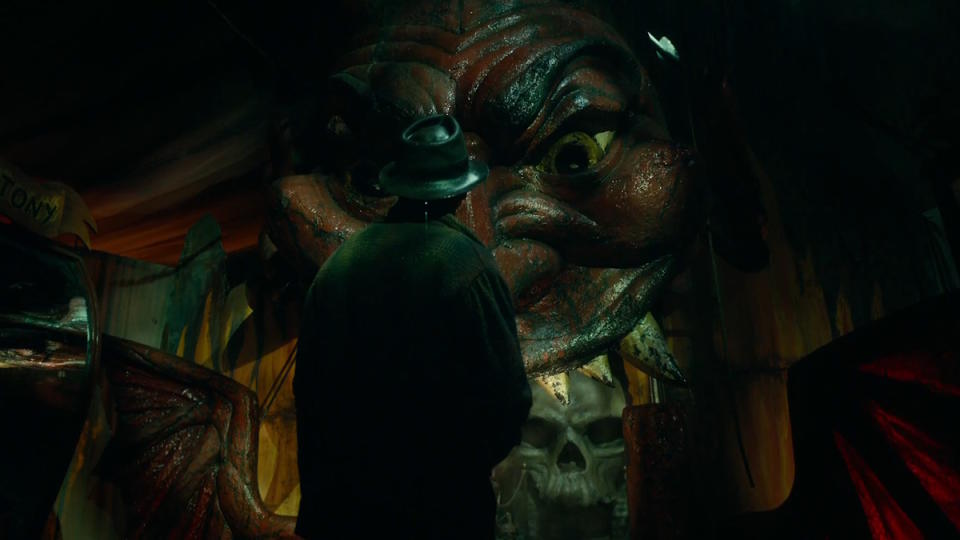
No one loves monsters like Guillermo del Toro. A celebrated Mexican filmmaker who wears his fairy tale and genre influences on his sleeves, Guillermo del Toro's movies often feature elements of the supernatural (including and especially otherworldly creatures), undertones of Catholicism, and political anti-fascism. After his directing debut Cronos in 1993, del Toro eventually elevated to studio filmmaking with comic book adaptations Blade II (2002) and Hellboy (2004). In 2006, he won acclaim for his Spanish-language fantasia Pan's Labyrinth. His other movies include the mech blockbuster Pacific Rim (2013), the gothic horror Crimson Peak (2015), his Oscar-winning romance The Shape of Water (2017), and his breathtaking stop-motion animation Pinocchio (2022).
14. James Cameron
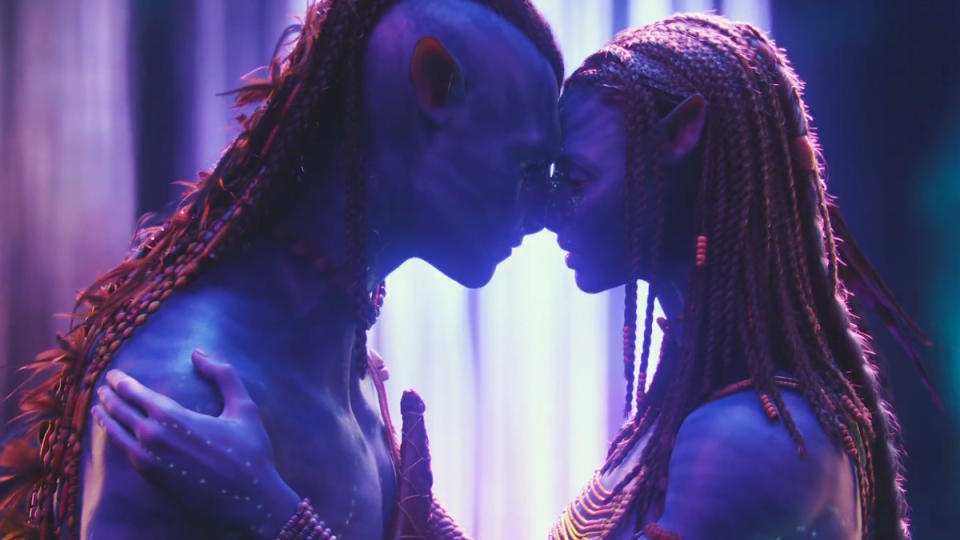
He's behind some of the biggest movies of all time, no question. With an adventurer's spirit who finds new depths to his craft, James Cameron frequently explores the cutting-edge of cinema to break box office records. After his critical and commercial acclaim from The Terminator in 1984, Cameron asserted his dominance with action-oriented hits like Aliens (1986), The Abyss (1989), Terminator 2: Judgement Day (1991), True Lies (1994), and his iceberg-sized Titanic (1997). In 2009, Cameron unleashed Avatar (2009), one of the biggest movies of all time. It was only matched by none other than his 2022 sequel, Avatar: The Way of Water.
13. Nora Ephron
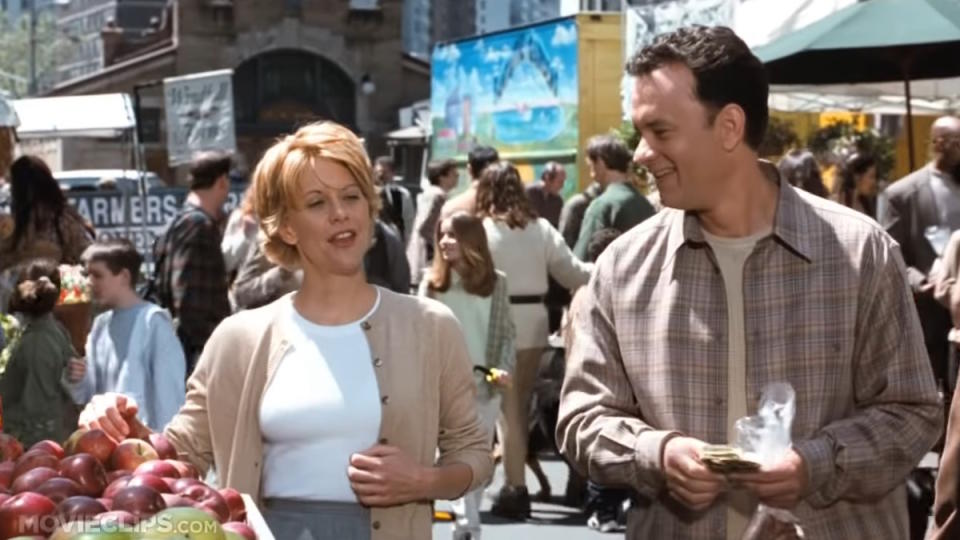
A prolific director who shaped the modern romantic comedy, Nora Ephron made audiences fall in love with characters with big hearts on the big screen. A journalist and author before she sat behind the camera, Ephron first wrote screenplays for movies like Silkwood (1983), Heartburn (1986) - which was based on her own semi-autobiographical novel - and When Harry Met Sally.. (1989). In 1993, she directed Sleepless in Seattle, which was a major critical and commercial hit. Her last movie was Julie & Julia (2009), released just a few years before her death in 2012.
12. Wong Kar-wai
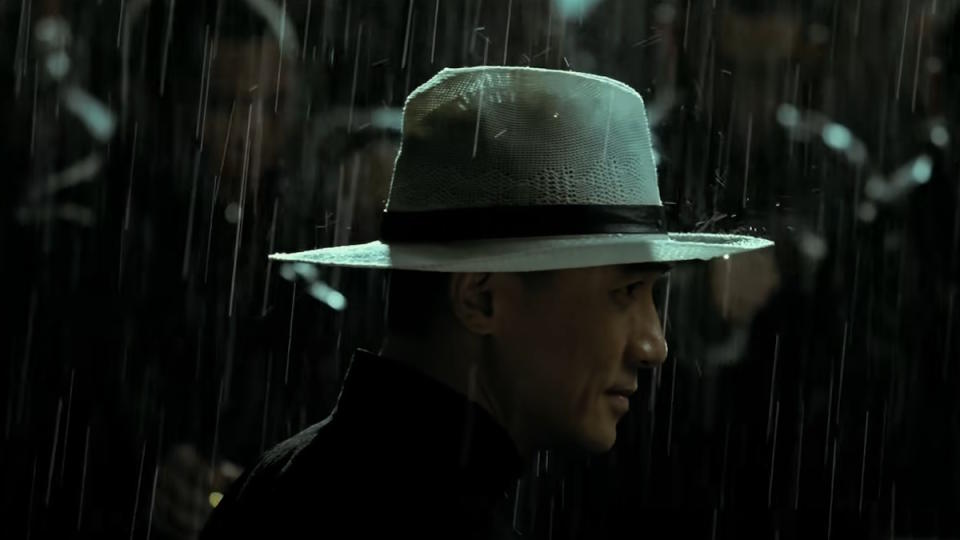
Beloved for his deeply romantic artistry, Wong Kar-wai's movies pulsate with bold colors and passionate atmospherics. Born in Shanghai, Wong Kar-wai established his career in Hong Kong, starting with his directorial debut As Tears Go By (1988). Though crime and action movies were in vogue, Wong Kar-wai consciously zigged from the zag to direct more intimate romantic pictures, like Days of Being Wild, Chungking Express, Fallen Angels, and Happy Together. He won critical acclaim for his 2000 feature In the Mood for Love. In 2013, he directed the martial arts biopic The Grandmaster.
11. Kevin Smith
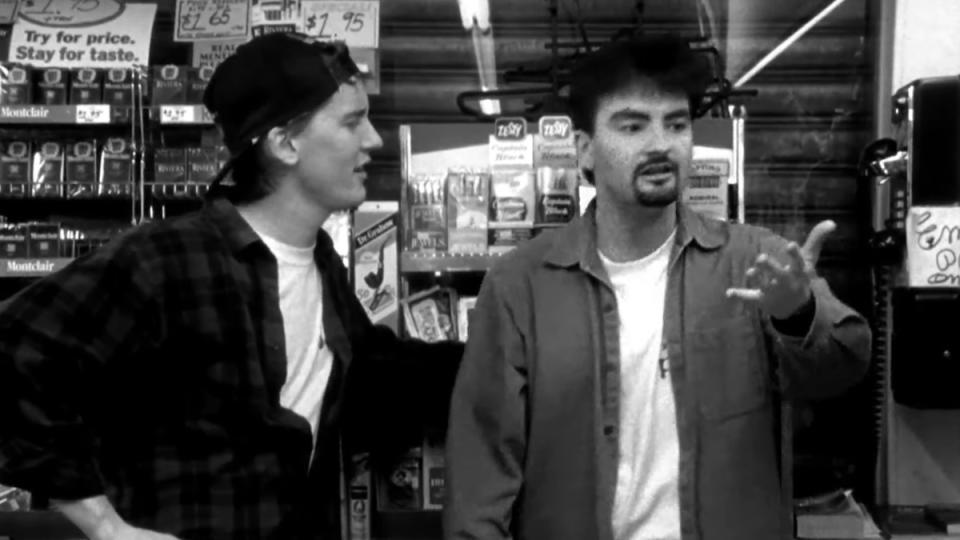
A film school dropout from New Jersey, Kevin Smith earned acclaim for his indie hit Clerks, filmed inside the real convenience store where he worked part-time, in 1994. Its unlikely success birthed Smith's own original cinematic universe - made up of comedies like Mallrats (1996), Chasing Amy (1997), and Dogma (1999) - all featuring foul-mouthed Jersey slackers, notably the nomadic observers Jay and Silent Bob. Starting in 2011, Smith swerved into the horror genre with movies like Red State, (2014) and Yoga Hosers (2016).
10. Agnès Varda
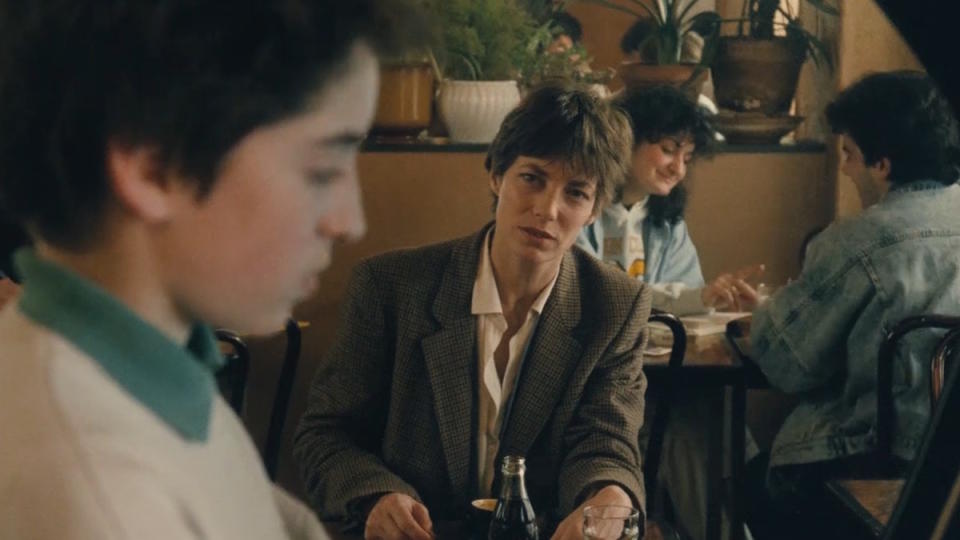
Posthumously described by Martin Scorsese as "one of the Gods of cinema," Agnes Varda first studied and worked as a photographer before transitioning to movies. Though her career began before the French New Wave, her artistic sensibilities align with the movement's principles and aesthetics. Her debut was the film Le Pointe Courte, released in 1955. Her other movies include Le Bonheur (1965), Lions Love (1969), Mur Murs (1981), and Kung Fu Master (1988).
9. Robert Eggers
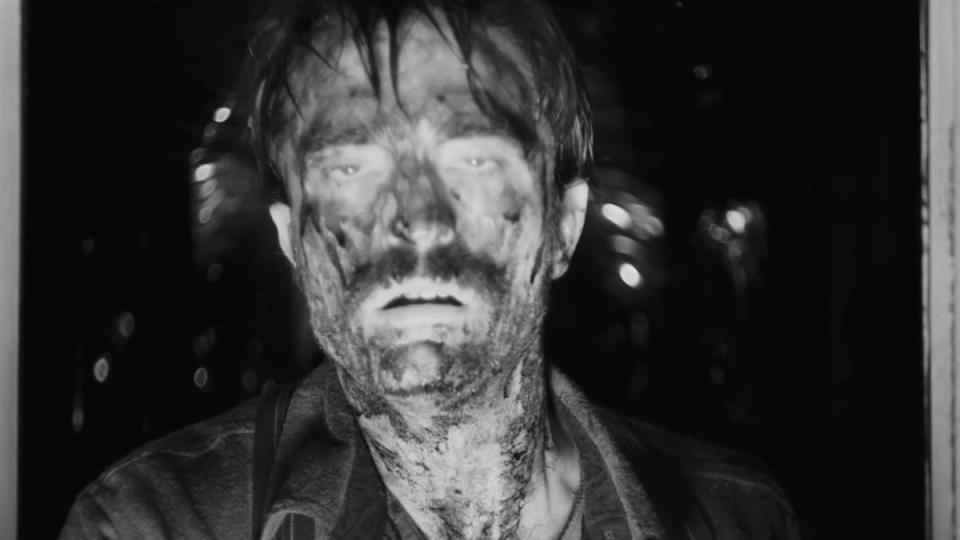
Characterized by his love for fairytales and folktales, Robert Eggers made his first movie, the 2015 horror The Witch, after a career as a designer and director of theater in New York. The movie not only launched Anya Taylor-Joy to stardom, but also cemented Eggers as a singular artist of meticulously designed horror. In 2019 he directed the eldritch horror The Lighthouse, and in 2022 helmed the Viking epic The Northman.
8. Park Chan-wook
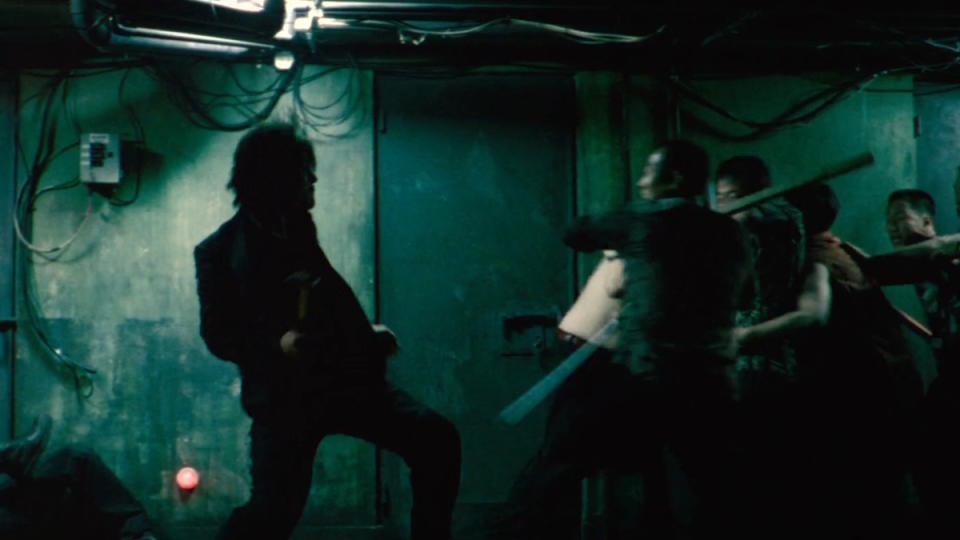
One of the most celebrated directors of Korean New Wave cinema, Park Chan-work came to prominence with his third film Joint Security Area (2000), a politically-charged drama that became South Korea's highest-grossing film at the time of its release. Armed with creative freedom, he embarked on an anthology trilogy of movies themed after revenge, with the 2003 picture Oldboy its most revered. His other movies include the sci-fi rom-com I'm a Cyborg But That's OK (2006), the romantic horror Thirst (2009), and his erotic noir Decision to Leave (2022). In 2013, he made his English film debut with Stoker, starring Mia Wasikowska and Nicole Kidman.
7. John Woo
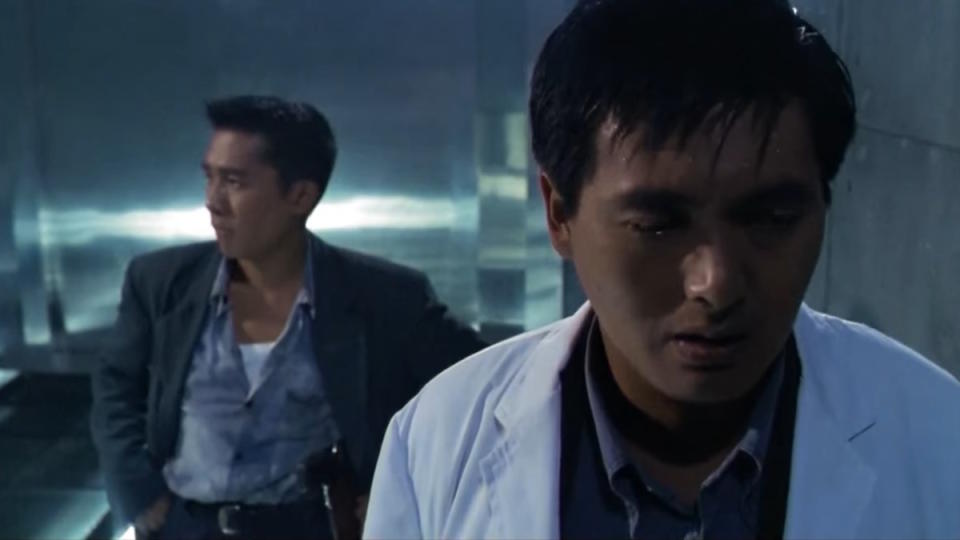
A major figure of the heroic bloodshed era of Hong Kong cinema, John Woo nearly quit filmmaking after a string of disappointments. In 1986, he finally saw through his dream movie A Better Tomorrow, which not only exploded Chow Yun-fat to stardom but also Woo himself. After the sequel A Better Tomorrow II in 1987, Woo elevated action filmmaking with game-changing hits like The Killer (1989), Bullet in the Head (1990), and Hard Boiled (1992). Woo spent the rest of the '90s in Hollywood, helming hits like Hard Target (1993), Face/Off (1997), and Mission: Impossible II (2002). Woo returned to Hollywood with his Christmas action movie Silent Night in 2023.
6. Quentin Tarantino
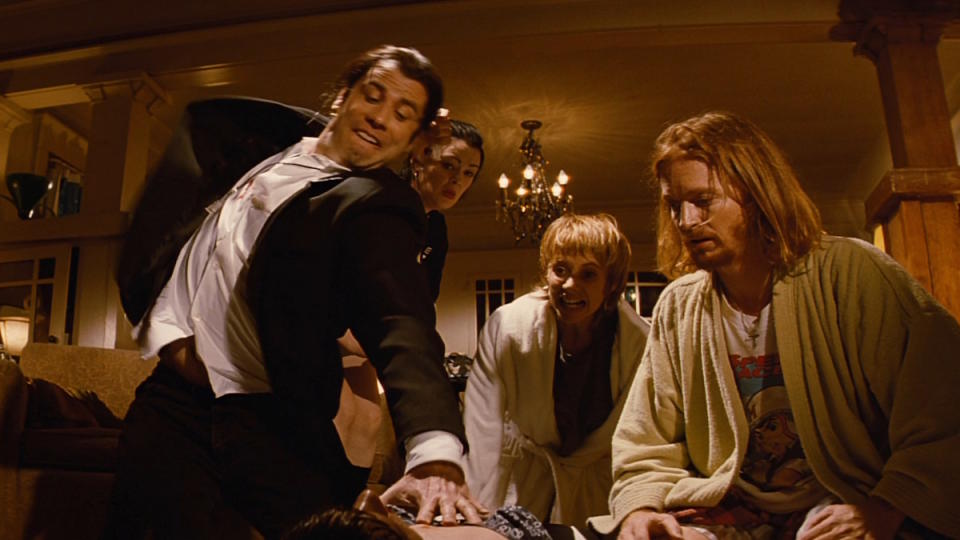
The words printed on Jules' wallet in Pulp Fiction can also describe the one and only Quentin Tarantino. Raised by a mother who permitted him to see mature movies and having spent several years working at a California video store, Quentin Tarantino first wrote screenplays, including what would become his breakout movie Reservoir Dogs, which he directed in 1992. With his next movie, Pulp Fiction, Tarantino was elevated to auteur status and took home an Oscar for Best Original Screenplay. His other movies include Jackie Brown (1997), the Kill Bill duology (2003-2004), Death Proof (2007), Inglourious Basterds (2009), Django Unchained (2012), The Hateful Eight (2015), and Once Upon a Time in Hollywood (2019).
5. Francis Ford Coppola
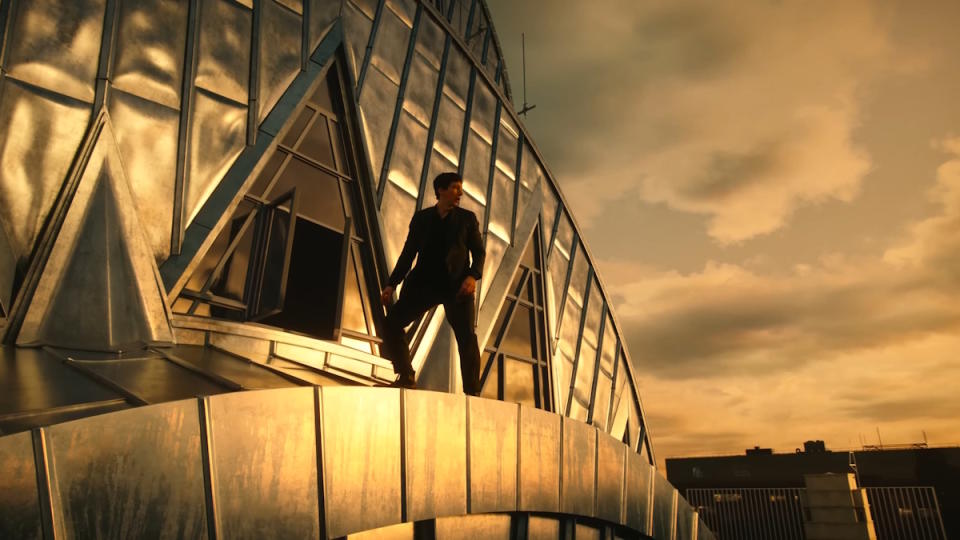
A leading figure of the New Hollywood movement of the '60s and '70s, Francis Ford Coppola earned immortality with his 1972 epic The Godfather. He spent the rest of the 1970s making more unimpeachable classics like The Godfather Part II, The Conversation, and Apocalypse Now, the latter of which remains infamous for its troubled production. In the 1980s, Coppola diversified his output to focus on youth-oriented dramas like The Outsiders and romantic comedy Peggy Sue Got Married. While Coppola slowed down considerably in the 21st century, his ambitious science fiction epic Megalopolis drew divisive reviews out of the Cannes Film Festival.
4. Christopher Nolan
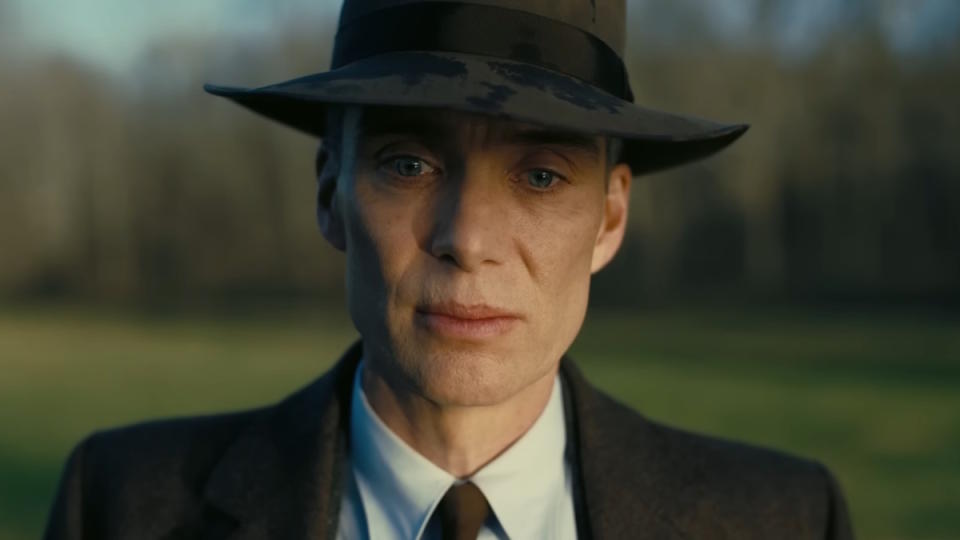
A master filmmaker concerned with the intricacies of time, space, and love, Christopher Nolan is one of the few true auteurs of the 21st century whose name alone draws crowds. Starting with his humble psychological thriller Following in 1998, Christopher Nolan unleashed two more dark movies in the same vein - Memento (2000) and Insomnia (2002) - before changing the superhero genre forever with his 2005 blockbuster Batman Begins. His "Dark Knight" trilogy made him a household name that audiences flocked to his more puzzling features like Inception (2010), Interstellar (2014), and Dunkirk (2017); his sci-fi Tenet might have drawn as many had it not been during a pandemic. In 2023, Nolan again took over the box office with his biographical masterpiece Oppenheimer, unofficially one-half of the "Barbenheimer" phenomenon.
3. Spike Lee
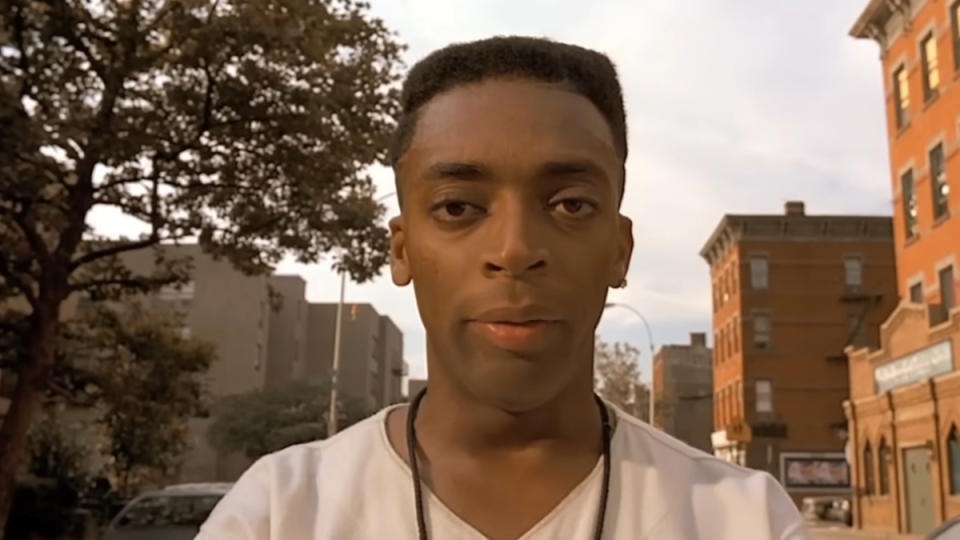
A singular filmmaker with knife-sharp observations about American politics and the Black American experience, Spike Lee is compelling even when his movies fall short. A proud son of New York who is at home at Knicks games as he is behind the camera, Lee made his feature debut with She's Gotta Have It, a multi-dimensional portrait of contemporary relationships. He drew more acclaim with his socially conscious 1989 drama Do the Right Thing. His other acclaimed movies include Jungle Fever (1991), Malcolm X (1992), Clockers (1995), Summer of Sam (1999), 25th Hour (2002), Inside Man (2006), Miracle at St. Anna (2008), Chi-Raq (2015), BlacKkKlansman (2018), and Da 5 Bloods (2020).
2. Martin Scorsese
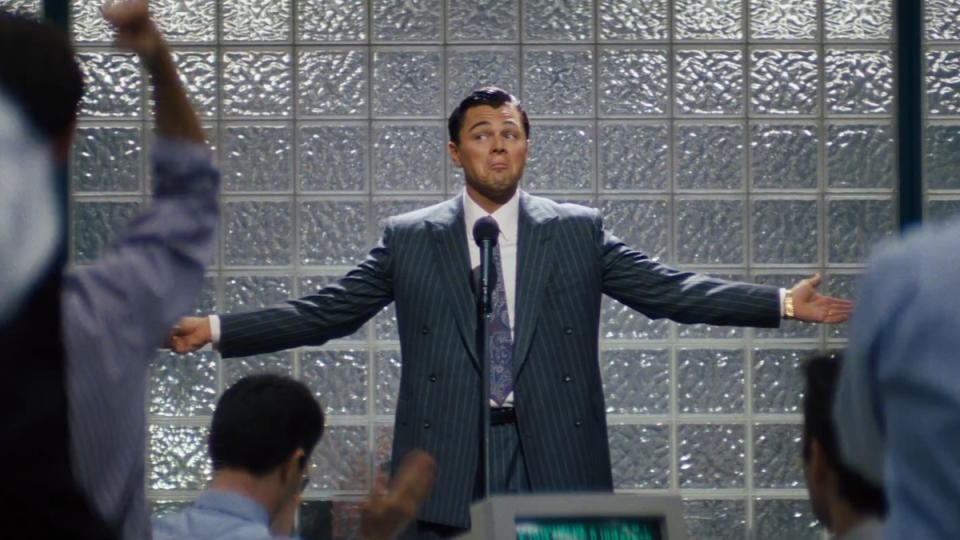
There is maybe no one on Earth, living or dead, who loves the art and culture of cinema like Martin Scorsese. A director, writer, and historian with a career spanning five decades, Scorsese's works, often but not always gangster epics, are practically synonymous with American cinema. After his debut with the 1967 movie Who's That Knocking at My Door, Scorsese arose in the 1970s and 1980s with classics like Mean Streets (1973), Alice Doesn't Live Here Anymore (1974), Taxi Driver (1976), Raging Bull (1980), The Last Temptation of Christ (1988), and Goodfellas (1990). Scorsese simply never faltered in his game, with his output between the 1990s and 2020s full of outsized epics, like Gangs of New York (2002), The Departed (2006), The Wolf of Wall Street 2013), and Killers of the Flower Moon (2023).
1. Steven Spielberg
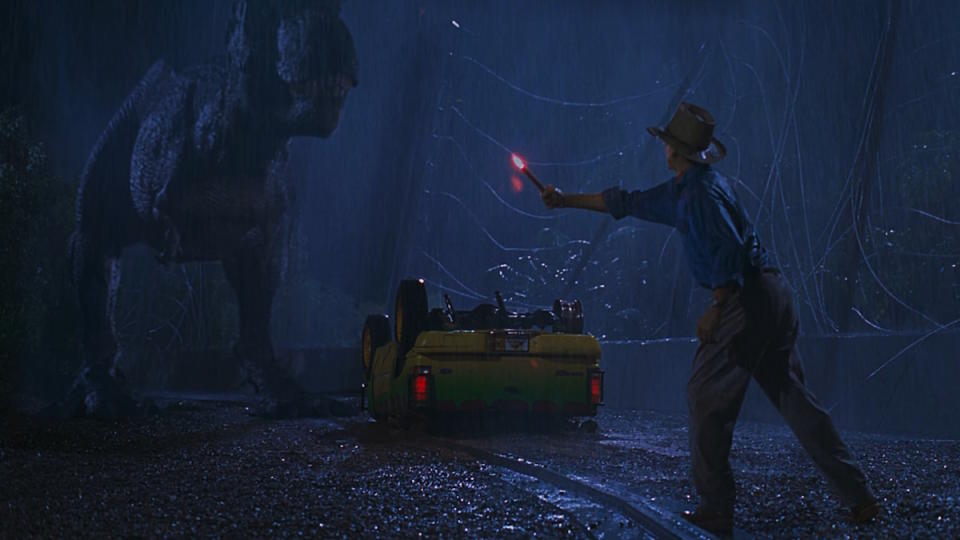
A towering Hollywood artist whose films wholly define American cinema, Steven Spielberg spans as many genres as he does decades. Starting with his theatrical film debut The Sugarland Express in 1974, Spielberg catapulted to immortality with his 1975 summer horror Jaws. While many of his movies of this era concerned genres like sci-fi and pulp adventure, including the influential Indiana Jones series, Spielberg eventually found his way to grounded human stories with features like The Color Purple (1985), Empire of the Sun (1987), and Schindler's List (1993). With even more revered pictures across the late 20th and 21st century, Spielberg, there is simply no one deserving of proper recognition as one of the greatest movie artists who ever lived than the one who taught us that movies are an invitation to adventure.

 Yahoo News
Yahoo News 
